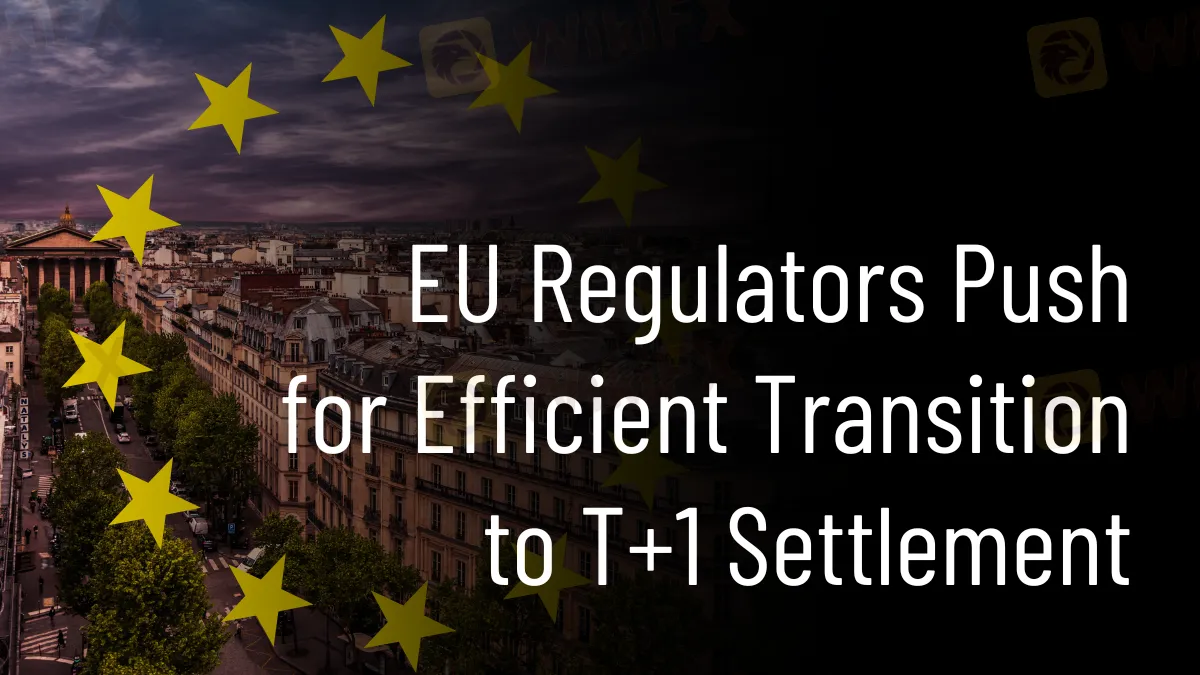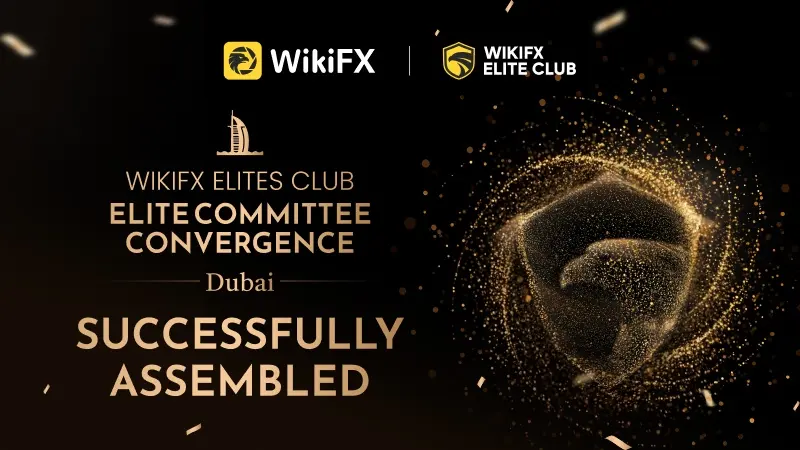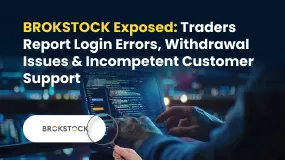简体中文
繁體中文
English
Pусский
日本語
ภาษาไทย
Tiếng Việt
Bahasa Indonesia
Español
हिन्दी
Filippiiniläinen
Français
Deutsch
Português
Türkçe
한국어
العربية
EU Regulators Push for Efficient Transition to T+1 Settlement
Abstract:The AMF and Banque de France call for a coordinated EU transition to a T+1 settlement cycle for securities, emphasizing cooperation and a phased approach.

French financial authorities, the Autorité des Marchés Financiers (AMF) and the Banque de France support a well-coordinated and efficient transition to a T+1 settlement cycle for securities transactions within the European Union. This proposal follows the European Commission's approval of the T+1 concept, representing a significant step toward quicker resolution. However, owing to the specific characteristics of EU markets, this transformation poses significant problems that need a properly calibrated timescale.
The AMF and the Banque de France underline the significance of tight collaboration, notably with the United Kingdom and Switzerland, due to the EU's considerable interdependence with these economies. The appeal for cooperation emphasizes the need for a coordinated strategy to achieve a smooth transition, as the US and Canada successfully implemented the T+1 settlement earlier this year.

To address these problems, the AMF and the Banque de France suggest a sensible two-phased strategy. In the first phase, under the current T+2 settlement cycle, all securities transactions should be verified and allocated before the end of the trading day. This first phase demands critical industry operational and technological advancements, such as data interchange standards and manual process automation. By completing these modifications, the industry will be better prepared for the upcoming move to T+1.
The second step entails shortening the settlement period to T+1, subject to receiving sufficient deal confirmations on the trade date. This stepwise strategy guarantees that the changeover is manageable and that the essential infrastructure is in place before adopting the T+1 settlement cycle completely.
Furthermore, the proposed T+1 framework should contain regulatory components backed by regulatory and economic incentives to help with the transition. These approaches address roadblocks and encourage stakeholders to implement the new system seamlessly.
This comprehensive AMF and Banque de France policy seeks to guarantee a seamless and efficient transition to the T+1 settlement cycle. This program aims to improve market infrastructure and increase investor confidence by ensuring European financial markets' stability, efficiency, and competitiveness.
About the AMF
The Autorité des Marchés Financiers (AMF) is an independent governmental institution safeguarding financial assets. It guarantees that investors obtain enough information and monitors the orderly operation of markets.
About Banque de France
The Banque de France, a Eurosystem member, is an autonomous agency tasked with monetary policy, financial stability, and economic services. It contributes to eurozone monetary policy, regulates banks and insurance firms, and provides various economic services to businesses and consumers.

Disclaimer:
The views in this article only represent the author's personal views, and do not constitute investment advice on this platform. This platform does not guarantee the accuracy, completeness and timeliness of the information in the article, and will not be liable for any loss caused by the use of or reliance on the information in the article.
Read more

WikiFX Elite Club Committee Makes Its Debut, Charting the Future of the Global Trading Ecosystem
November 11, 2025 – The WikiFX Elite Club Committee (hereafter “the Elite Committee”) made its significant debut on the international stage at WikiEXPO Dubai 2025. Core members from the Middle East, Southeast Asia, and Chinese-speaking regions gathered to witness the beginning of a new chapter for the Elite Club.

WikiEXPO Dubai 2025 Concludes Successfully — Shaping a Transparent, Innovative Future
On November 11, WikiEXPO Dubai 2025, hosted by WikiGlobal and co-organized by WikiFX, successfully concluded. As one of the world’s most influential Fintech expos, this event brought together more than 570 regulatory representatives, industry leaders, and innovation pioneers from across the globe. Through in-depth discussions on core issues such as regulatory compliance, the forex market, investment strategies, and sustainable finance, the event delivered a profound experience that masterfully blended intellectual depth with actionable insights.

The 5%ers Review: Is it a Scam or Legit? Find Out from These Trader Comments
Did you face reduced leverage and hiked fees without any explanation from The 5%ers broker? Do you find The 5%er rules strange for getting a funded account from this prop trading firm? Has the broker closed your trade inappropriately, preventing you from making gains in the forex market? All these allegations have dominated The 5%ers review segment online. Looking at this, the WikiFX team investigated and found some startling comments against the broker. In this article, we have shared those complaints. Read on!

BROKSTOCK Exposed: Traders Report Login Errors, Withdrawal Issues & Incompetent Customer Support
Is your BROKSTOCK trading account full of inefficiencies? Do the recurrent BROKSTOCK login errors prevent you from opening and shorting positions at a favorable price? Has the broker failed to honor your withdrawal requests? Do you face order execution price issues? Has the customer support service failed to resolve your queries? You are not alone! In this BROKSTOCK review article, we have shared some complaints that need a close introspection. Read on to explore them.
WikiFX Broker
Latest News
Is Fyntura a Regulated Broker? A Complete 2025 Broker Review
Zetradex Exposed: Withdrawal Denials, Account Freeze & Bonus Issues Hurt Traders
Is Forex Zone Trading Regulated and Licensed?
PINAKINE Broker India Review 2025: A Complete Guide to Safety and Services
Exness Restricted Countries List 2025 Explained
Is Uniglobe Markets Legit? A 2025 Simple Guide to Its Safety, Services, and User Warnings
Is Inzo Broker Safe or a Scam? An Evidence-Based Analysis for Traders
WikiEXPO Dubai 2025 “Welcome Party” Kicks Off Tonight!
He Trusted a WhatsApp Group and Lost RM659,000
Moomoo Singapore Opens Investor Boutiques to Strengthen Community
Currency Calculator



